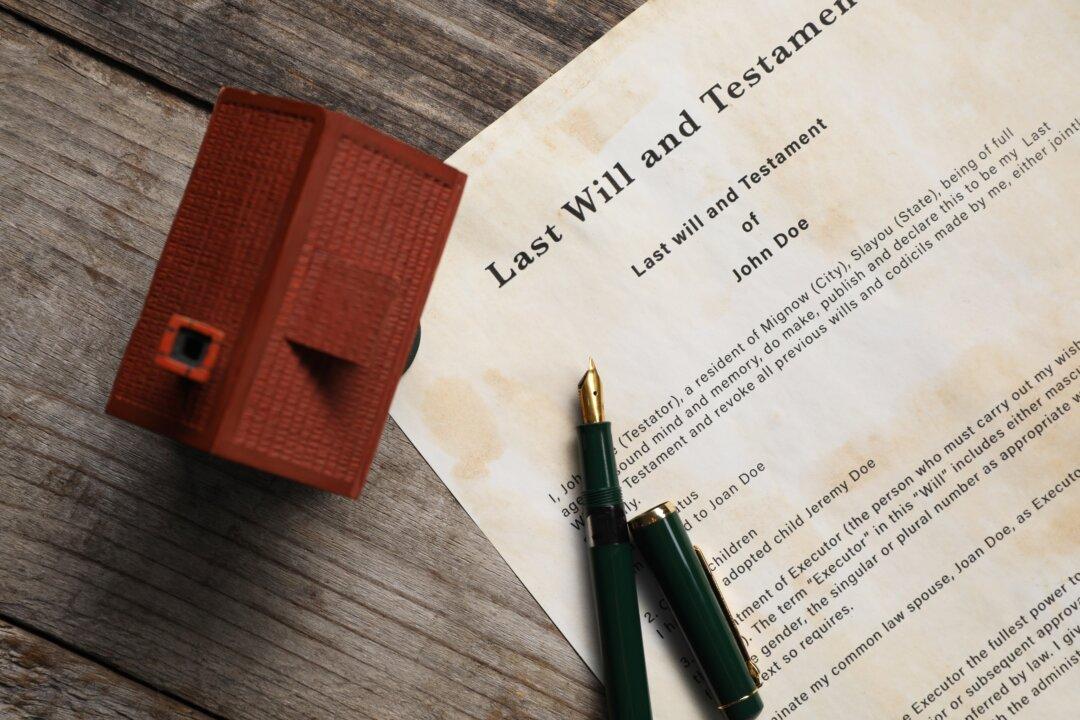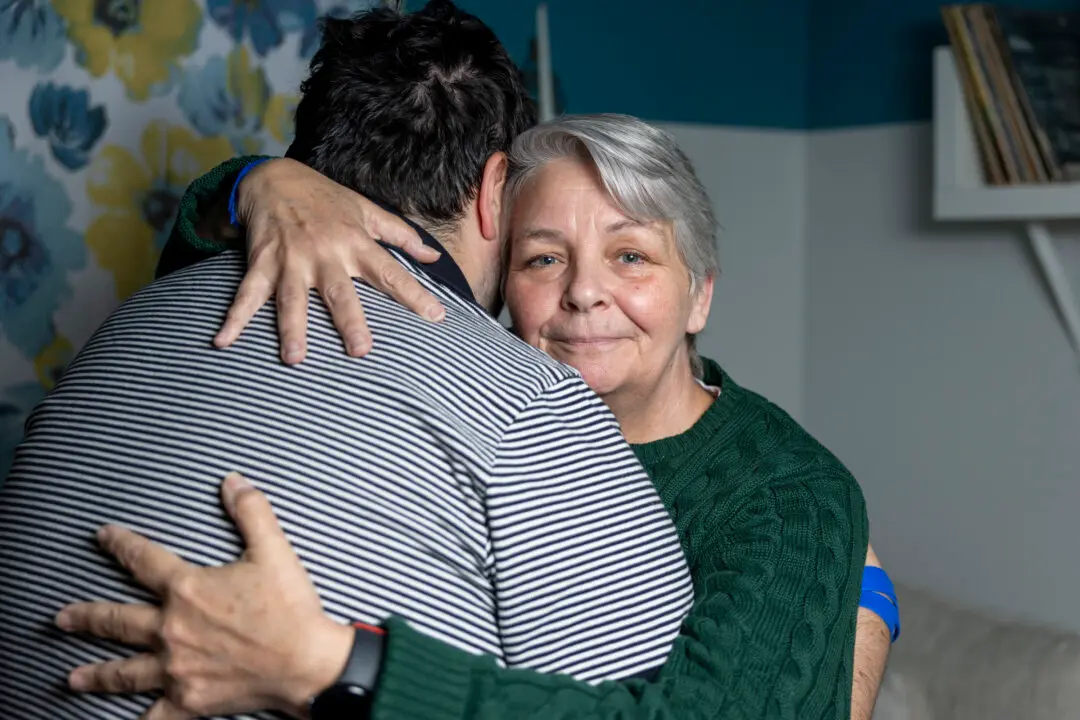By Adam Shell
From Kiplinger’s Personal Finance
Did you say my mom mistakenly left $3.5 million to the veterinarian who took care of her favorite feline? Let me get this straight: You’re telling me Dad’s brother took a $500,000 insurance policy meant for me? Dad left his house to his pets’ caretaker and his second home next door to his cats?!






